By Allison Law
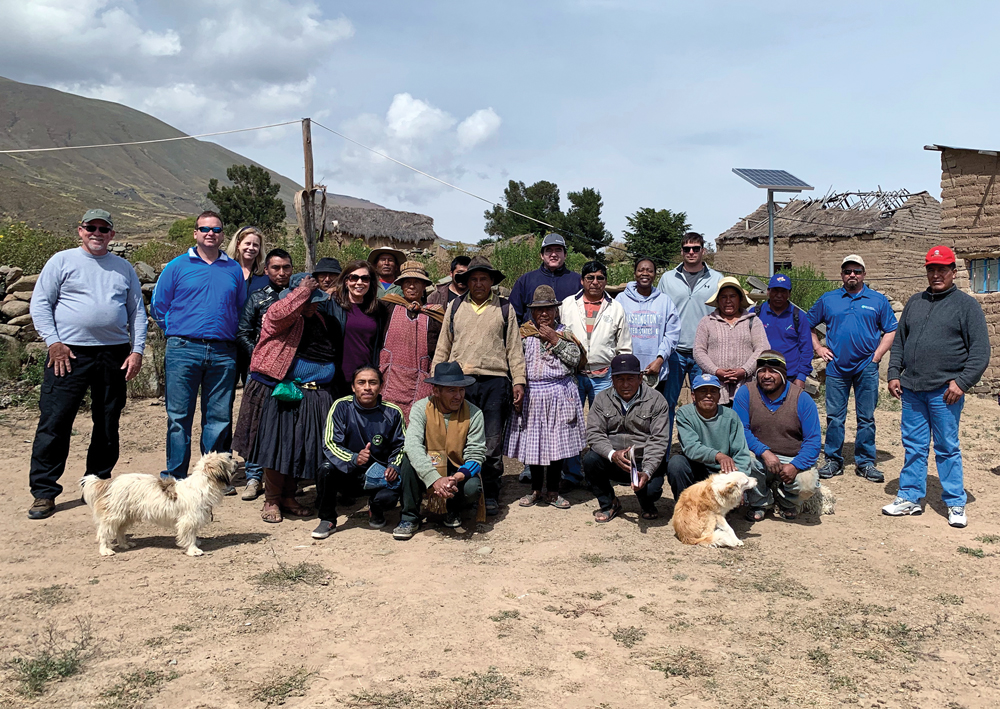
They have little in the way of material things. But in rural southwest Bolivia – a high desert land of fierce altitude and quiet beauty – the people are modest, hard-working and gracious.
And thanks to Alabama’s electric cooperatives, they will soon have electricity.
This fall, volunteers from five Alabama cooperatives and the Alabama Rural Electric Association (AREA) will travel to the municipality of Challapata, in the department of Oruro, to bring power to about 60 households that have never had electricity.
AREA is coordinating the project with the National Rural Electric Cooperative Association’s philanthropic NRECA International Foundation. While some Alabama co-ops have undertaken individual rural electrification projects abroad, this is the first for AREA, which will unite the efforts of individual co-ops under one umbrella for Alabama.
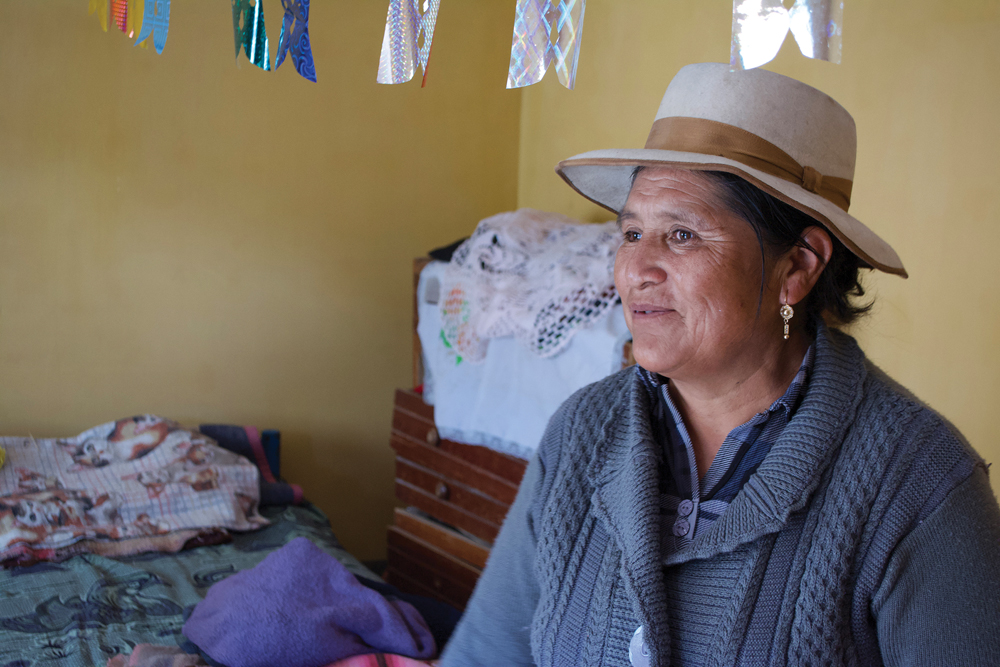
she shares with her family in the remote area of Willikikawa.
Photo by Allison Law
It will be a gratifying, and perhaps life-changing, experience for the co-op employees who will participate.
“These teams return infused with energy and priceless experiences that aren’t comparable to those possible within the borders of our country,” says Matty Garr, vice president of statewide services for AREA, who is helping to coordinate the project.
“Our amazing line workers continually come to the need of our local communities time and time again after storms to restore power,” Garr says. “In Bolivia, they will come to the need of people with so little and spread their light while bringing electricity to drown out the darkness.”
The linemen will spend 11 working days in the area this fall, working on six separate projects to construct about seven miles of line. The project areas are geographically close, but still very isolated. By one estimate, more than a third of the households in the rural areas of Bolivia do not have access to electricity.
The Ende Deoruro utility, out of the medium-sized city of Oruro, is the state electric power distributor and has agreed to connect the Challapata project to its existing system and support the customers, who will receive electricity 24 hours a day.
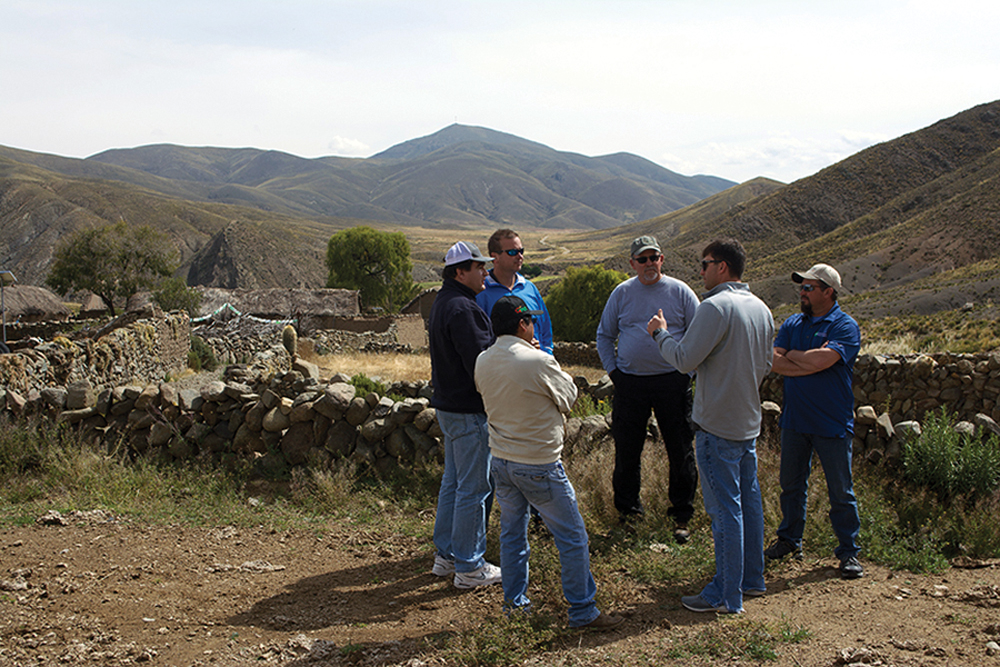
Photo by Allison Law
Changing lives
Julie Young, vice president of business and administrative services at Central Alabama Electric Cooperative, has been on similar projects in Guatemala with the co-op and will be a part of the Bolivian trip. She’s seen how the projects change lives – both of the volunteers and the recipients.
“We heard from old men who said they had waited a lifetime for that day, and now they knew that their children and grandchildren would have a better life,” Young says. “We heard from mothers who expressed their appreciation because their children would have light at night.”
The area of Challapata is an agricultural community located at an altitude of about 12,000 feet, which will be a challenge for the volunteer linemen, who will do much of the construction work by hand.
The residents rely on subsistence agriculture, mainly quinoa and potatoes, with some grazing sheep and alpacas. Most live in very modest homes of stone with thatch roofs; they cook using biomass and have no access to refrigeration, lighting or appliances we take for granted.
“There’s not been one person who has participated in any of these projects who hasn’t been emotionally impacted by the experience,” Young says. “Simply seeing first-hand the excitement and gratitude that people display when they are able to have electricity for the first time in their lives is an indescribable feeling.”
The volunteers for the project
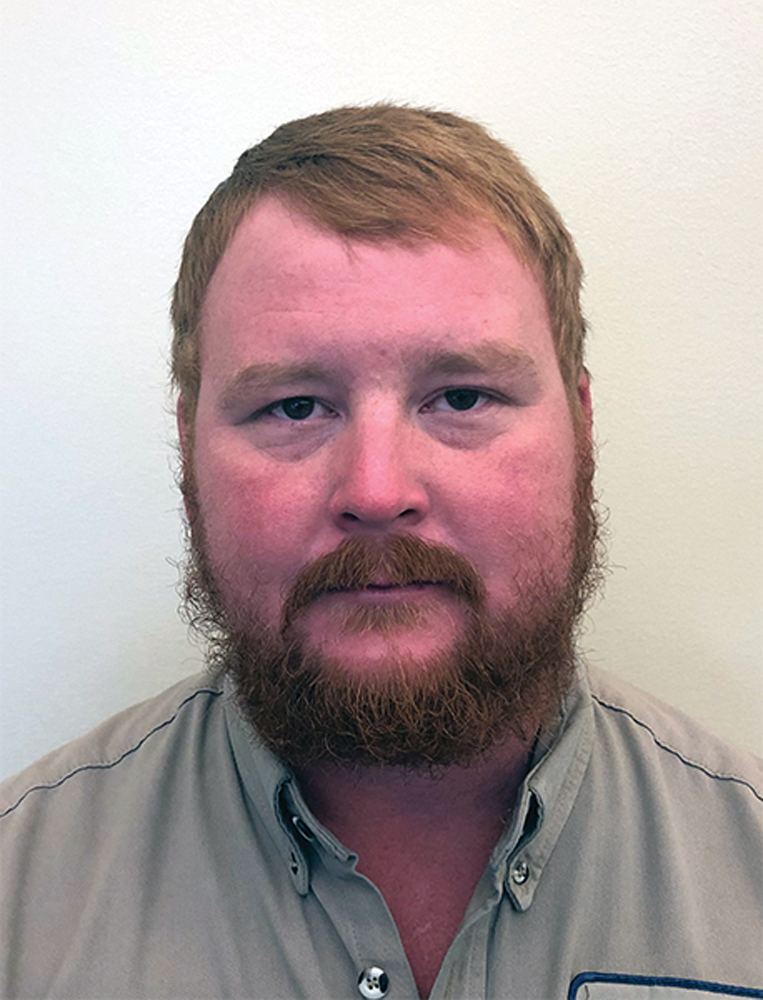
Kyle Hutto, Central Alabama EC 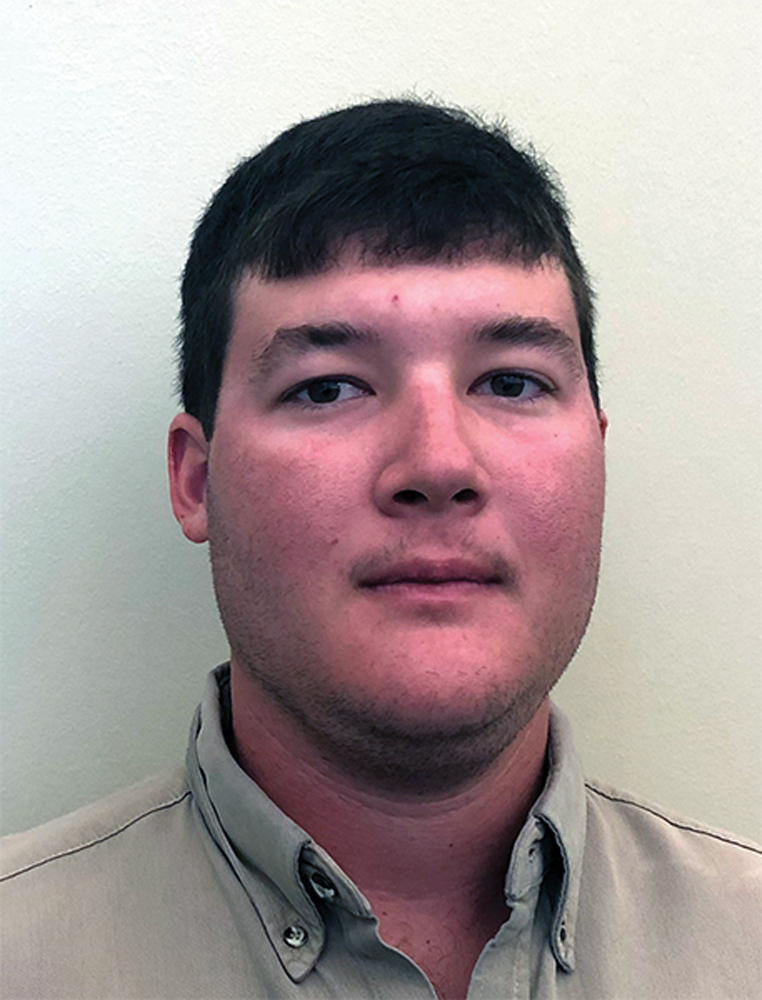
Allen LaFavor, Central Alabama EC 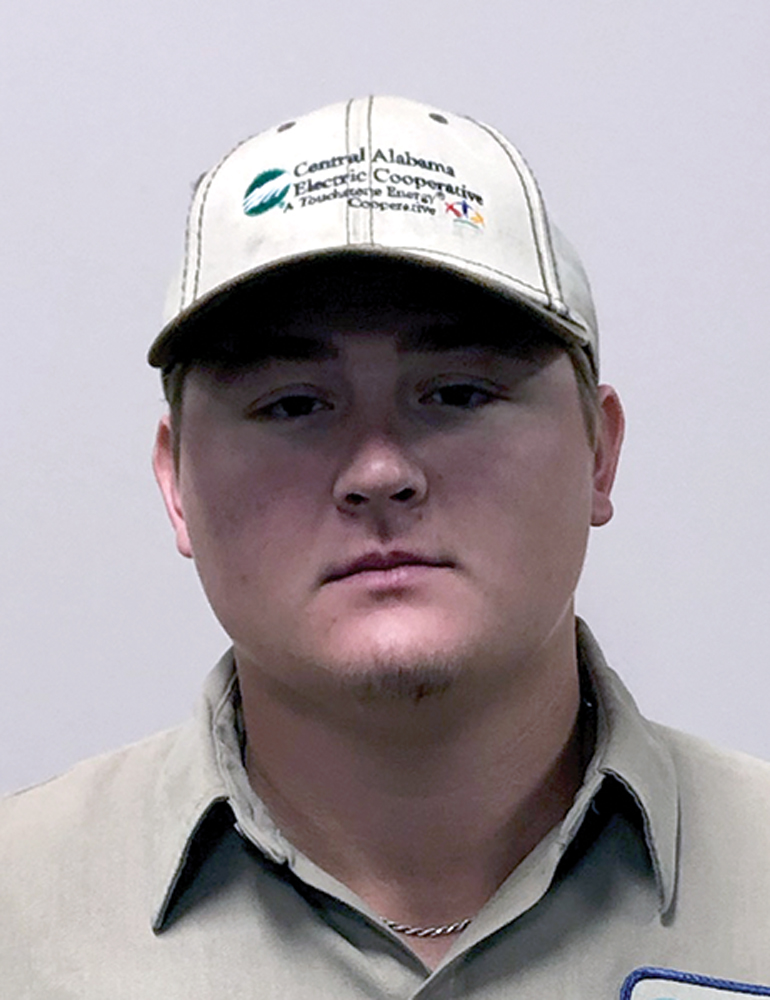
Brody Parker, Central Alabama EC 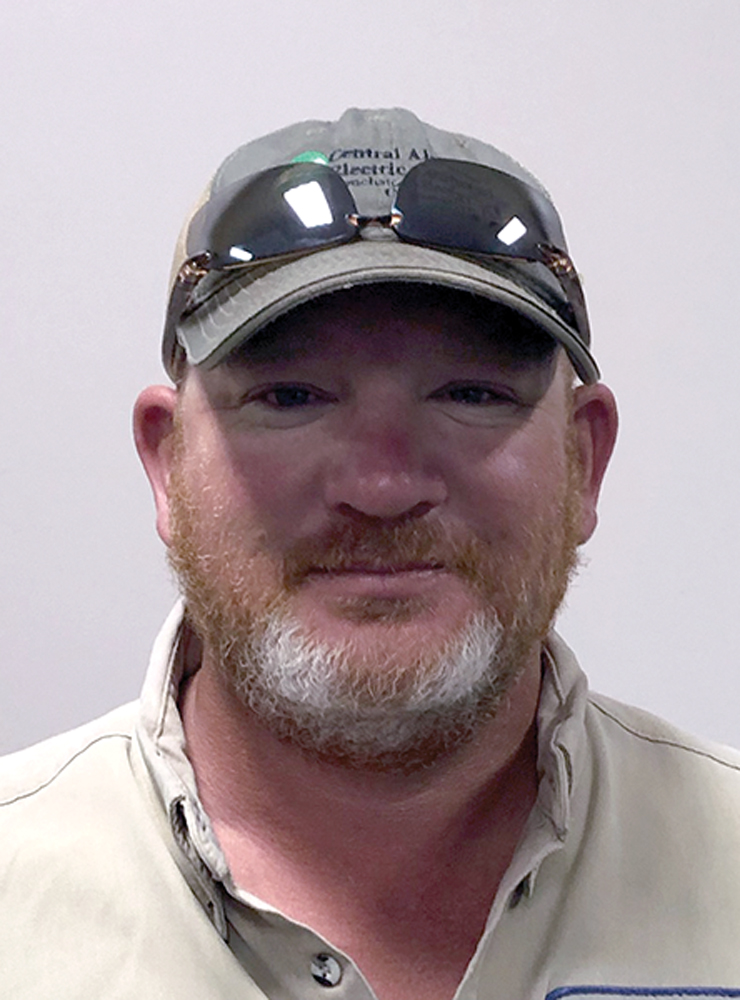
Clay Walker, Central Alabama EC 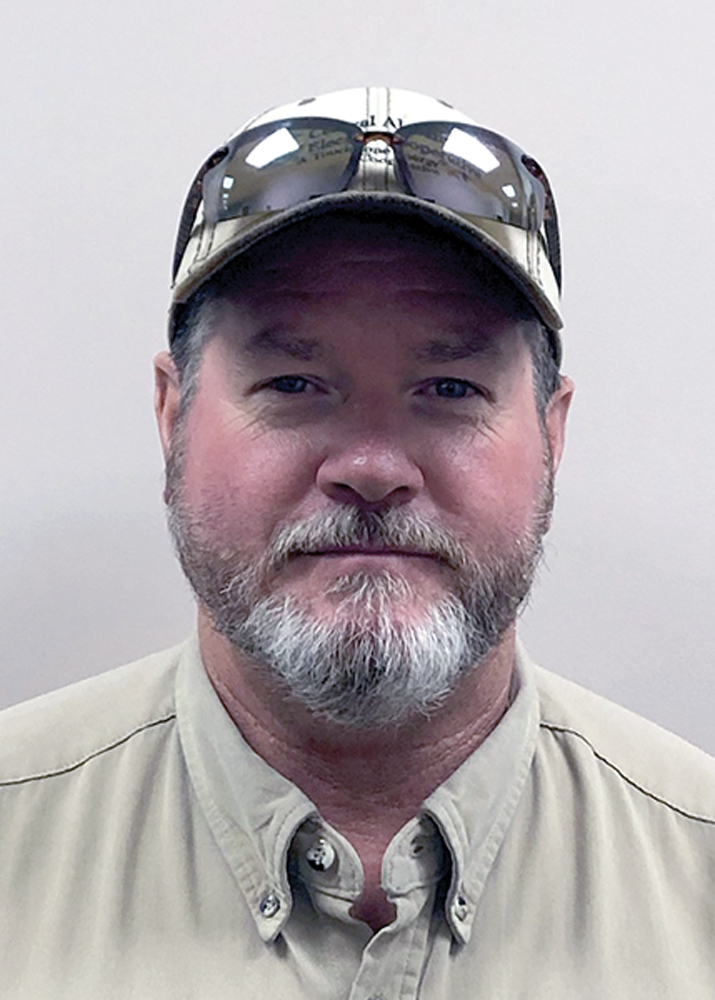
Lamar Daugherty project foreman, Central Alabama EC 
Zane Johnson, Dixie EC 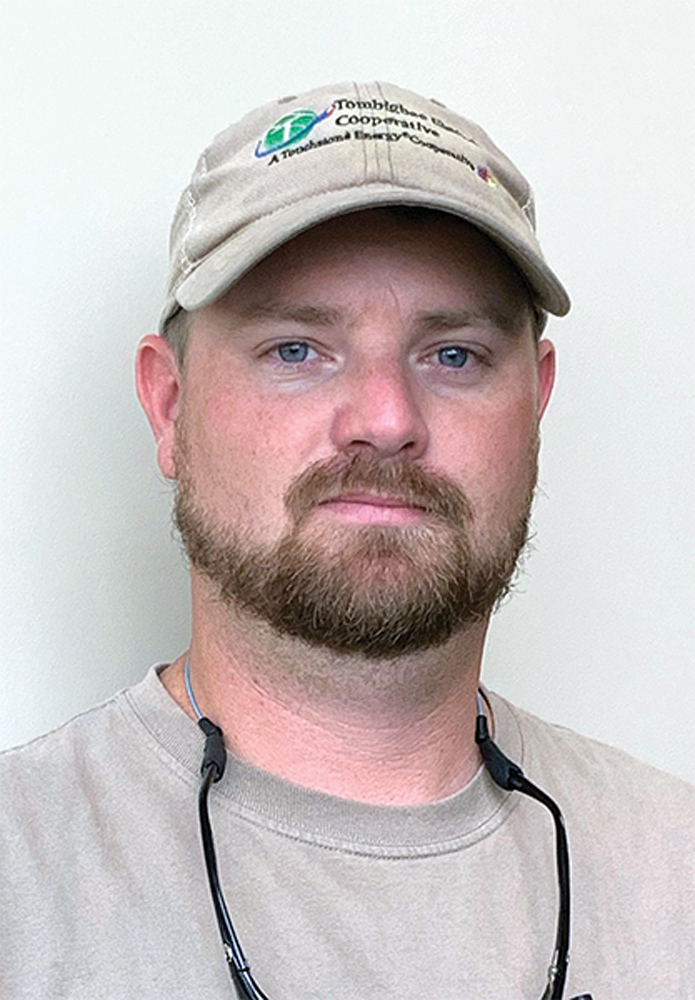
Johnathon Ozbirn, Tombigbee EC 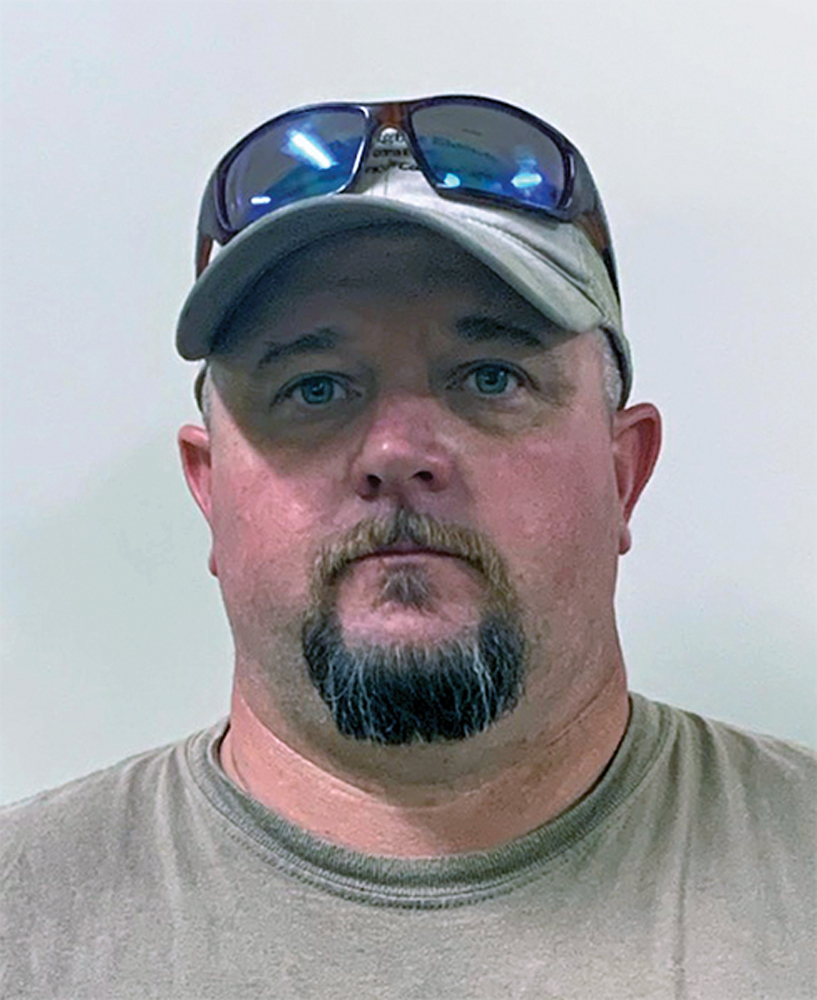
Scotty Sea,lTombigbee EC 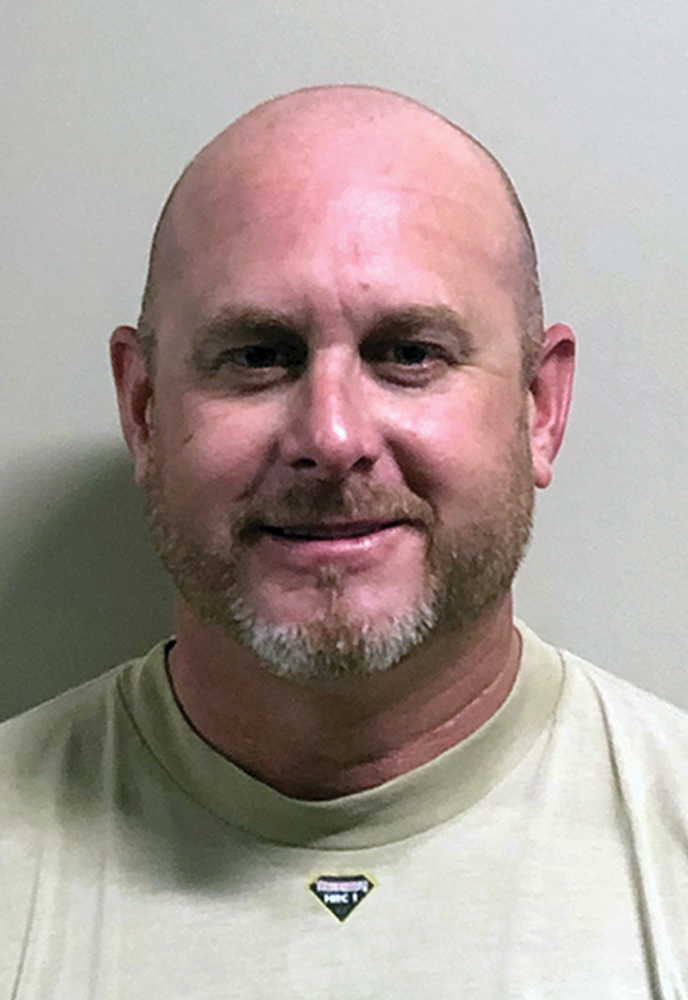
Heath Whatley, Pea River EC 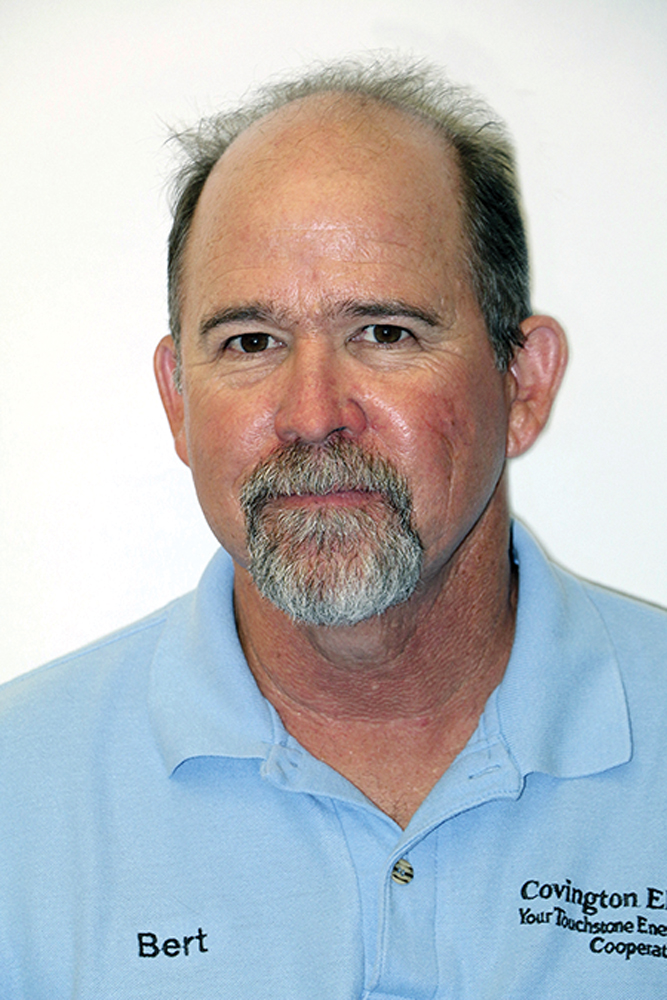
Bert Champion, safety/engineering supportCovington EC 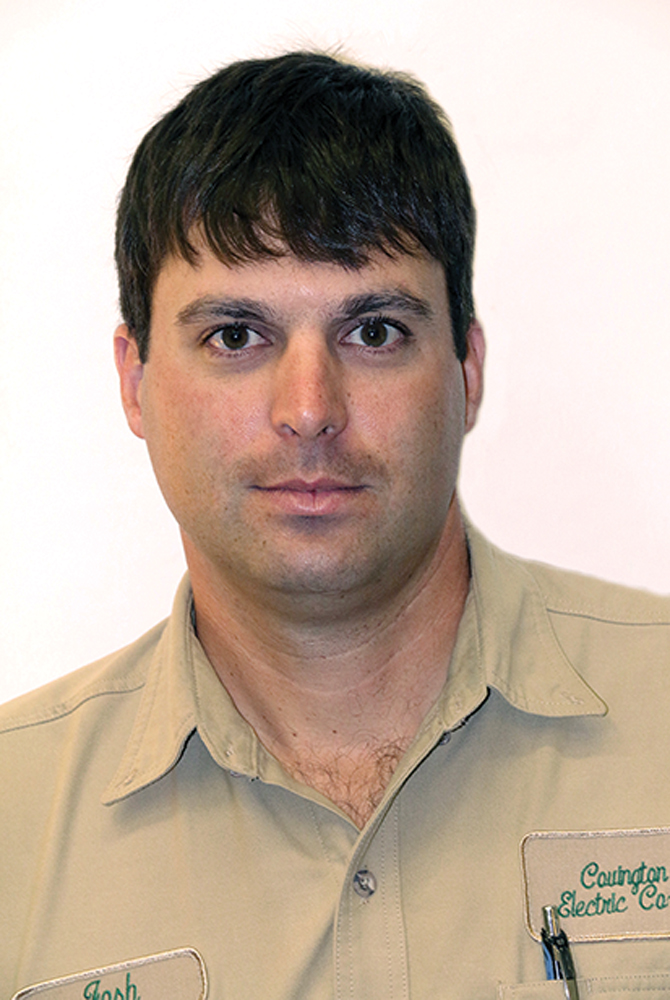
Josh Till, project foremanCovington EC 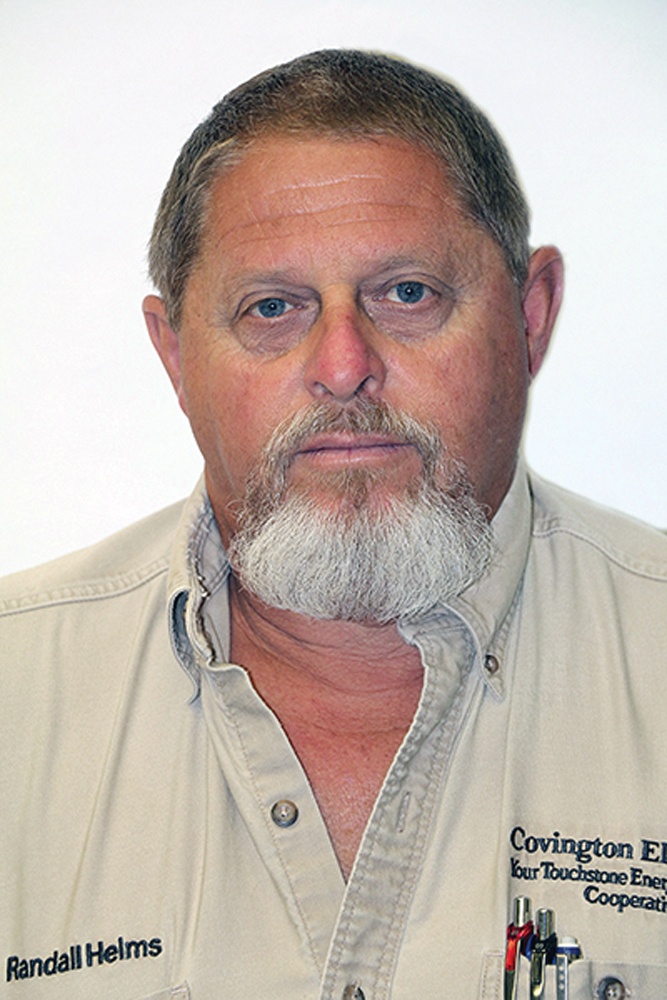
Randall Helms, Covington EC 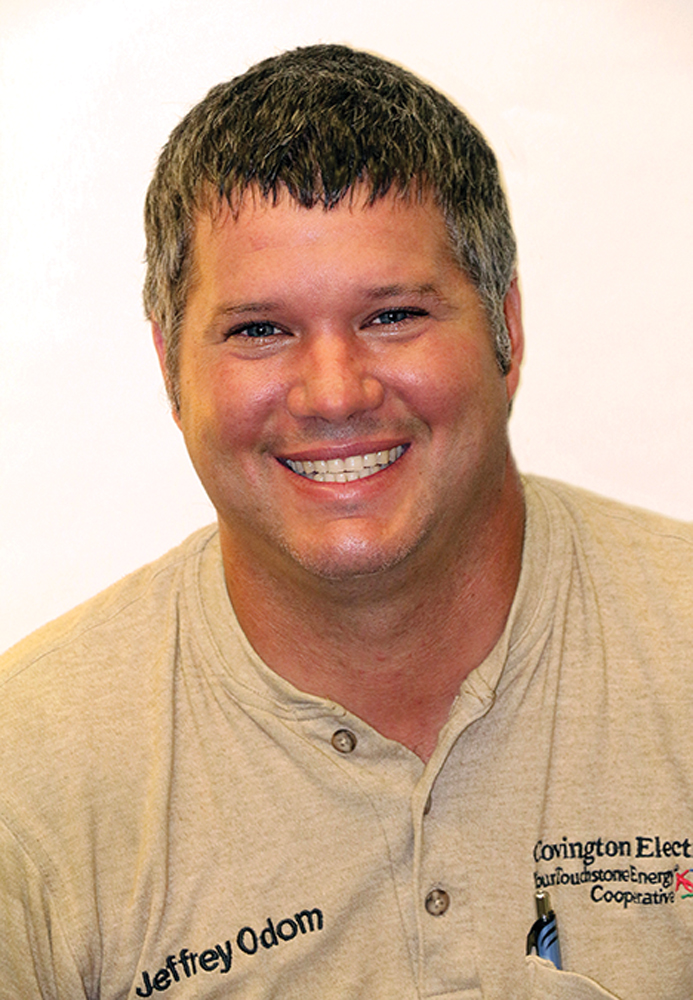
Jeffery Odom, Covington EC 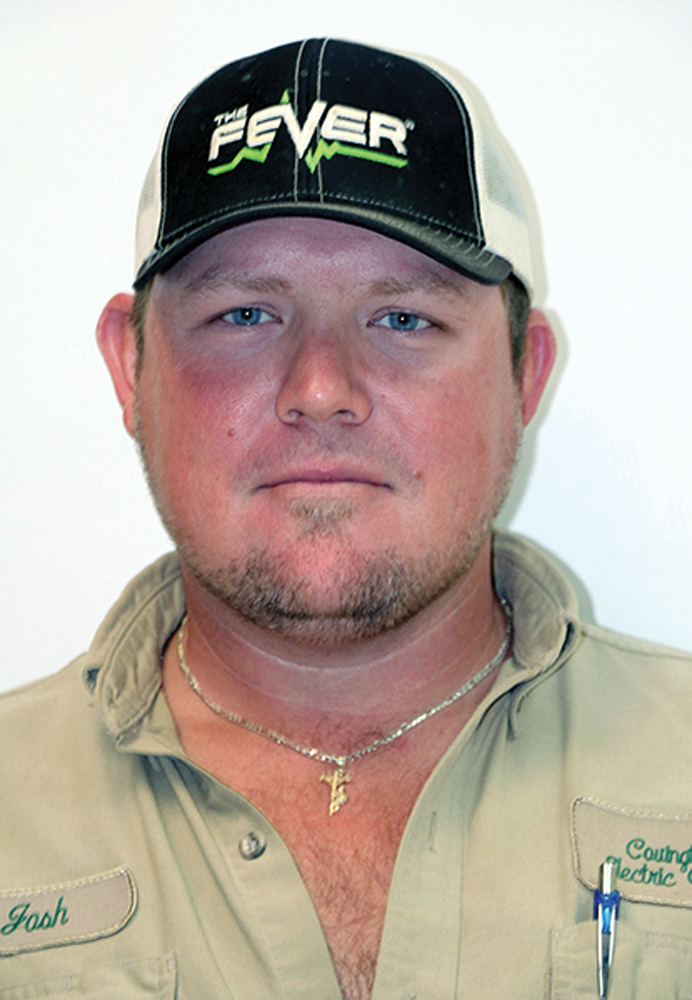
Josh Winburn, Covington EC 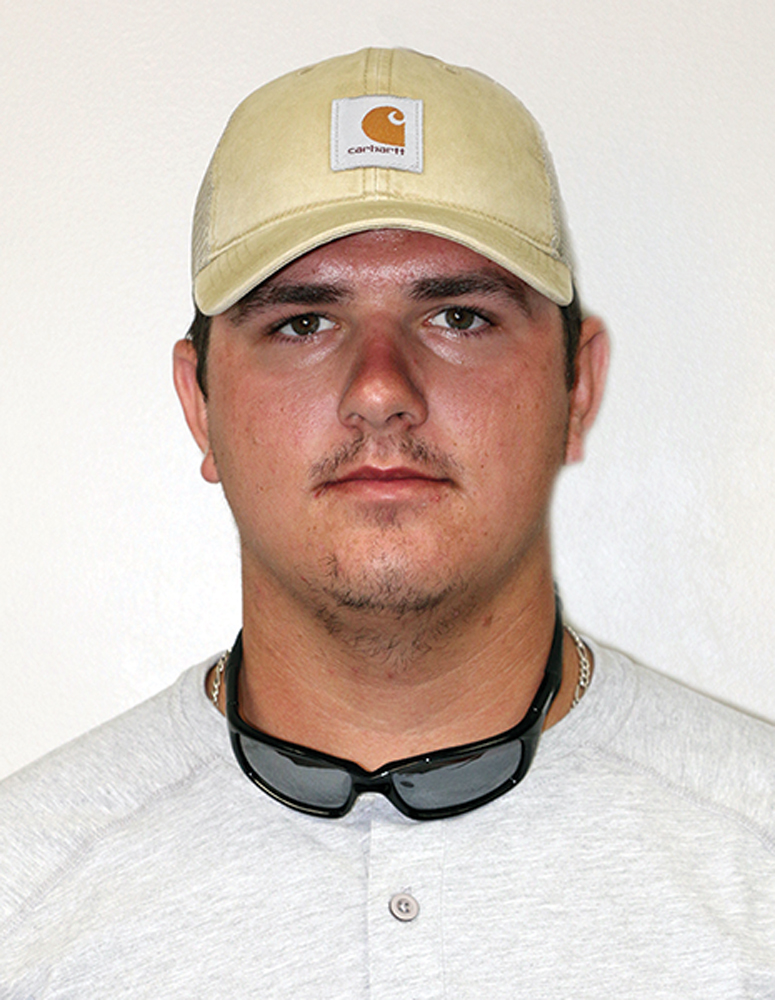
Jacob Qualls, Covington EC




